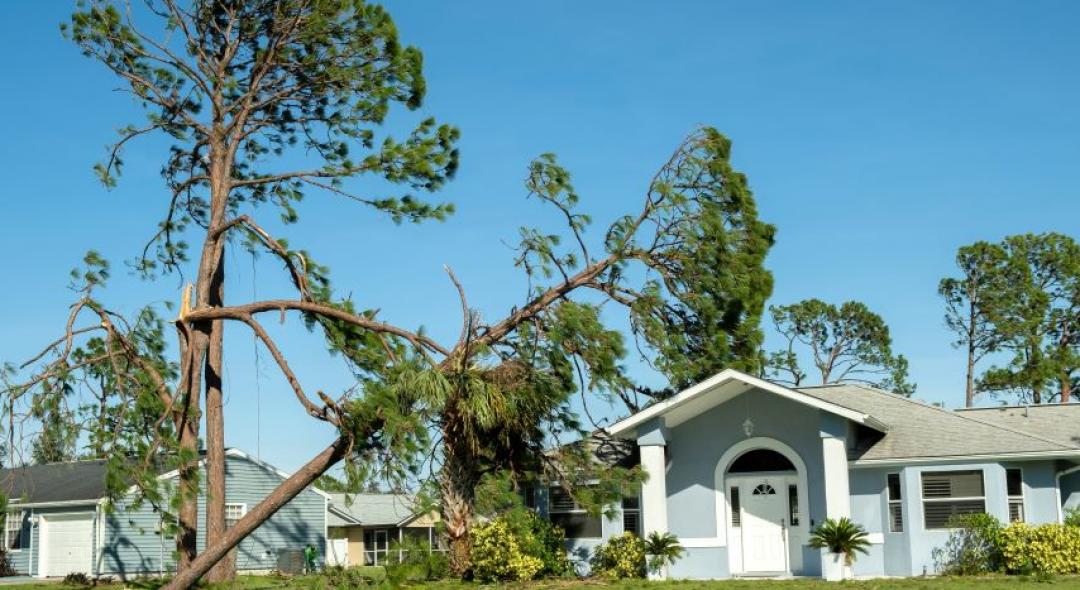As a homeowner in the market for selling, you should know that there are a few things to avoid should you want to get the most money for your house. And who doesn’t? Although factors that affect home value aren’t always obvious, there are still certainly some things that you can watch out for. Here’s an article on things that can hurt the resale value of your home.
“If stock market experts were so expert, they would be buying stock, not selling advice.” - Norman Ralph Augustine
What Drives Down the Local Prices

Obviously, not all real estate is created equal. And the local area can determine what affects the value of a house. Of course an airport would lower the value of a home, even in a prime location, but there are also other things that can lessen the value of your property. Here are things that may surround your property that bring down the price, in order of severity:
- Bad school
- Strip club
- High rent area
- Homeless shelter
- Cemetery
- Funeral home
- Power plant
- Shooting range
- Hospital
Recent Issues

Another factor that may seem obvious in hindsight but not so much in the moment are recent events that may have a negative impact on the property. Flooding, crimes, weather, or natural disasters can also potentially command a lower resale price from a house. If something happened without your knowledge, you may be wondering, “why did my property value go down?” Here’s a brief list of possible occurrences that can lower property value:
- String of thefts
- Fire
- Shooting
- Flood
- Murder
- Mold
- Lead-based paints
- Weather damage
- Tornado
Lesser Known Factors that Drive Down Price

And then there are a handful of issues that can affect your home’s pricing that you might not have seen coming. These are usually the things that you’ve either grown accustomed to or simply weren’t aware of. In any case, here are some things that hurt home resale that you may not have been told about:
- Noise pollution
- Heavily updated homes
- Poor painting choices
- Regular pollution
- Billboards
- The number of sex offenders
- Fracking
- Hoarders
- Power plants
- Sinkholes
Particular Renovations

Then again, there are even certain renovations that could actually hurt the resale value of your home. Most homeowners aren’t aware of this because it seems so contradictory. How could improving your home lower the resale value? Well, this counter-intuitive issue can be what devalues a house. And here we’ll provide several examples.
- Superfluous wallpaper
- Textured walls and ceilings
- Luxury bathroom
- Combined rooms
- Expensive lighting fixtures
- Extra carpeting
- Extremely bright interior paint
- Over the top high-end kitchen
- Home office
- Sunroom
Solutions

Research is important in this field. Obviously you’ll want to invest in properties that shy away from physical locations that hurt resale value. You’ll want to be aware of any recent issues with the home, as well. On top of that, you should only invest in renovations that have a solid return and aren’t overly ostentatious. So while it may sound like an oversimplification to stay away from things that hurt home resale, perhaps the best solution is to remain well informed about your home’s situation. As they say, knowledge is power.
Need to know what the do’s and don’t of home resale are? Or are you just looking for ideas around the house? Check out our list of pros today to get started!
Continue Reading:
